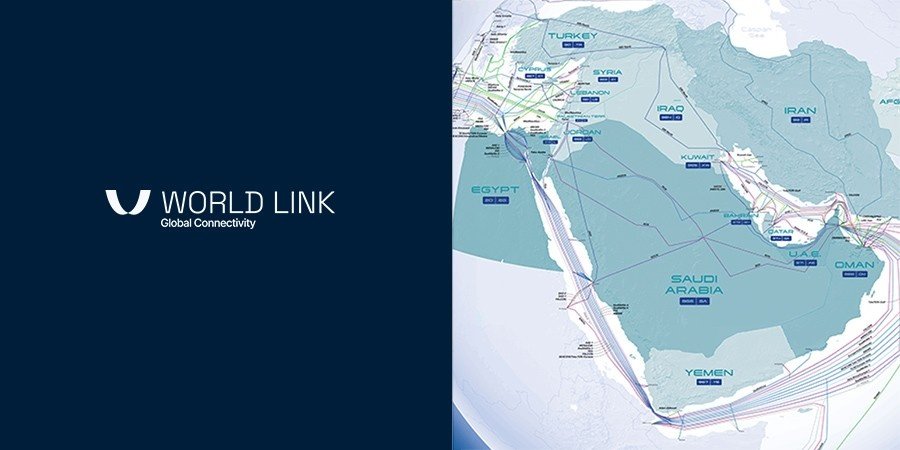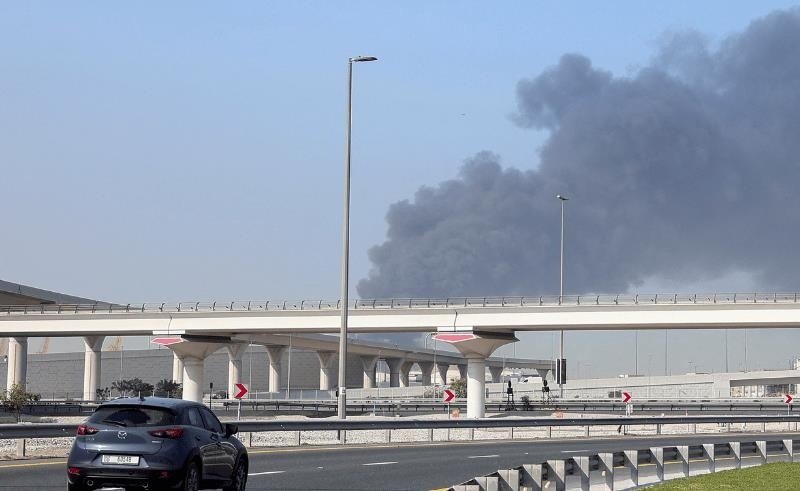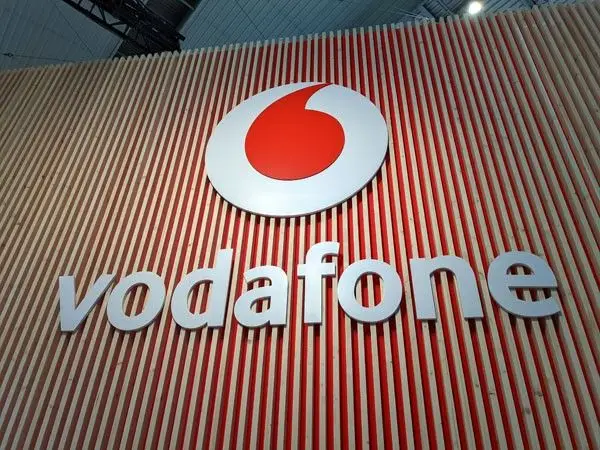The number of Starlink satellite internet users in Iran has exceeded 100,000, highlighting Iranians’ increasing demand for unrestricted online access. According to Pouya Pirhosseinlou, head of the Internet and Infrastructure Committee at the E-Commerce Association, satellite internet usage surged by 20-fold in 2024, with over 30,000 unique users contributing to this growth.
The rapid rise in satellite internet usage suggests that Iran is experiencing an increasing shift toward services like Starlink, which provide high-speed, unrestricted internet. Starlink’s primary appeal lies in its free, unfiltered access, a feature that is largely absent in Iran, which ranks low on the global Internet Freedom Index.
Starlink gained significant traction in Iran following the 2022 Woman, Life, Freedom protests, sparked by the death of Mahsa Amini after her arrest by the morality police. In response to the protests, the Iranian government imposed widespread internet blackouts and extensive filtering, which led many Iranians to turn to satellite services, including Starlink, to bypass these restrictions.
In December, Forbes estimated that 20,000 Iranians were using Starlink despite the official prohibition. With the number now surpassing 100,000, Starlink has become a vital tool for Iranians seeking to circumvent censorship and government-imposed disruptions.
The US government’s decision in 2022 to lift certain export restrictions on internet services to Iran allowed Elon Musk’s SpaceX to provide Starlink access in the region. Despite its prohibition, Starlink has become a critical tool for accessing unrestricted internet services.
However, Pirhosseinlou expressed concern over the economic impact of satellite internet, noting that Starlink is the most expensive internet access method. He warned that it disrupts the communications economy, drains foreign currency, and diminishes hopes for domestic improvements in internet services.
Despite its high costs, the growing adoption of Starlink reflects widespread dissatisfaction with local alternatives, including Iran’s government-controlled fiber-optic internet.
The Iranian government has also lobbied the International Telecommunication Union (ITU) to exclude the country from satellite internet coverage, underscoring the contentious role of Starlink in Iran’s ongoing struggle between state control and digital freedom.
Iran is ranked by Freedom House as having the third most restrictive internet environment globally. The government criminalizes online dissent and limits access to information, especially during key political events. This heightened censorship has led to a growing demand for alternative internet services, with Starlink emerging as a vital resource for those seeking unrestricted access to the digital world.















